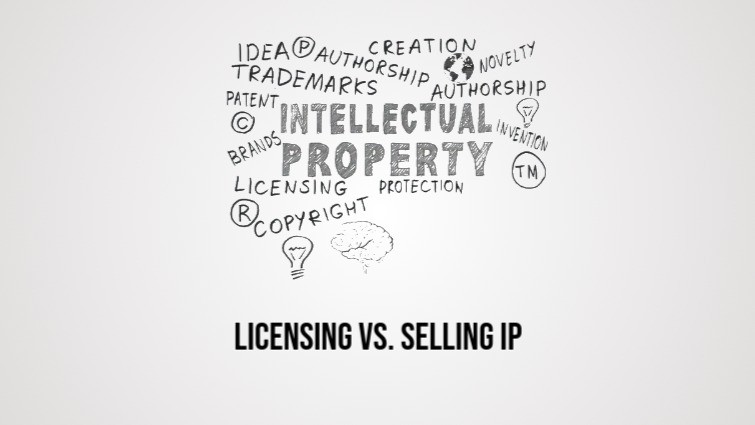
When it comes to protecting intellectual property (IP), businesses often face the decision of whether to patent their innovation or keep it as a trade secret. Both forms of protection offer distinct advantages, but the choice depends on several factors, including the nature of the innovation, the industry, and the business's long-term strategy. Let’s dive into a comparison of patents and trade secrets and explore their implications for different industries.
1. Patents: Public Protection for a Limited Time
A patent is a legal right granted by a government authority that gives the patent holder the exclusive right to make, use, sell, and distribute the invention for a specified period, typically 20 years from the filing date. In exchange for these rights, the inventor must publicly disclose the details of the invention, making it accessible to others after the patent expires.
Key Advantages of Patents:
- Exclusive rights: Patents provide the patent holder with the ability to prevent others from using the patented invention during the protection period.
- Public recognition: Patents help establish a company’s reputation as an innovator in its industry, enhancing its market position.
- Licensing opportunities: Patents can be monetized through licensing agreements, where businesses allow others to use their technology in exchange for royalties.
Industries That Benefit from Patents:
- Pharmaceuticals: Patents are crucial for drug manufacturers. The high cost of R&D and the time needed to bring a drug to market make patent protection essential for recouping investments.
- Technology and electronics: Patents protect the technological breakthroughs that are vital to companies in this fast-moving industry. Tech companies often build large patent portfolios to safeguard their innovations and prevent competitors from copying them.
- Manufacturing: Industrial processes and machine designs are frequently patented to secure competitive advantages.
2. Trade Secrets: Confidentiality Over Public Disclosure
A trade secret is any confidential business information that provides a competitive edge. Unlike patents, trade secrets are not disclosed publicly. Businesses must take reasonable measures to keep this information secret, such as using confidentiality agreements with employees and contractors.
Key Advantages of Trade Secrets:
- Indefinite protection: Unlike patents, which expire, trade secrets can last as long as the information remains confidential, potentially offering lifelong protection.
- No public disclosure: Businesses don’t need to reveal their secret formula, process, or technique, allowing them to keep proprietary knowledge out of the hands of competitors.
- No registration costs: Protecting trade secrets doesn’t involve government fees or lengthy application processes.
Industries That Benefit from Trade Secrets:
- Food and beverages: Iconic formulas, such as Coca-Cola’s recipe, are best protected as trade secrets. The value of these formulas lies in their confidentiality, which would be lost if a patent was filed.
- Service industries: Customer lists, business strategies, and marketing plans are often kept as trade secrets. Service-based businesses rely on maintaining this confidential data to stay ahead of competitors.
- Software: While patents may be used for specific algorithms or technologies, many companies choose to protect source code and processes as trade secrets, especially when the technology evolves too quickly for patent protection to be worthwhile.
3. Choosing the Right Protection for Your Business
- Nature of the Innovation: If your innovation is easily reverse-engineered or involves a significant technological breakthrough, patent protection is likely the better choice. For example, complex manufacturing equipment can be difficult to keep secret once sold, so patents provide robust legal protection.
- Speed of Innovation: In industries like software development, where technologies rapidly evolve, trade secrets may be more advantageous, as the time and cost of obtaining a patent may outweigh the benefits.
- Longevity of Competitive Advantage: If your innovation can provide a long-term competitive advantage (e.g., a secret formula or a business process), trade secrets can offer indefinite protection, unlike patents which have a fixed term.
Conclusion: What’s Right for Your Business?
The decision between patenting an invention or keeping it as a trade secret depends on your business's strategic goals, the nature of your innovation, and your industry. For innovations that offer long-term competitive advantage and can remain confidential, trade secrets may be the optimal choice. For groundbreaking technologies that can be reverse-engineered or need to be publicly defended, patents provide strong legal protection.
Evaluate your business's needs, consult with AceAttorn Legal Solutions, and choose the path that maximizes the value of your intellectual property.


